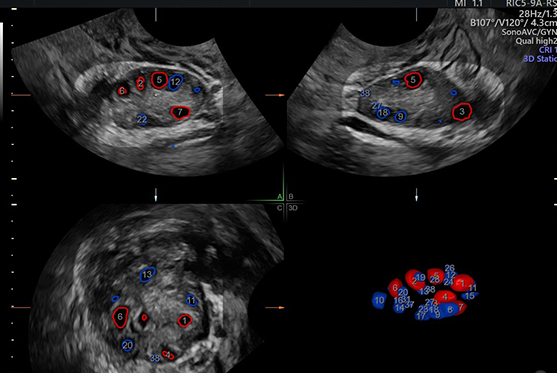
Ovarian Reserve Testing is a set of diagnostic tests used to evaluate a woman’s egg quantity and quality. It helps doctors assess fertility potential and predict how the ovaries will respond to treatments like IVF. Since egg count naturally declines with age, these tests provide valuable insight into reproductive health and pregnancy chances.
Doctors may recommend these tests in the following cases:
The testing process usually involves two major steps: